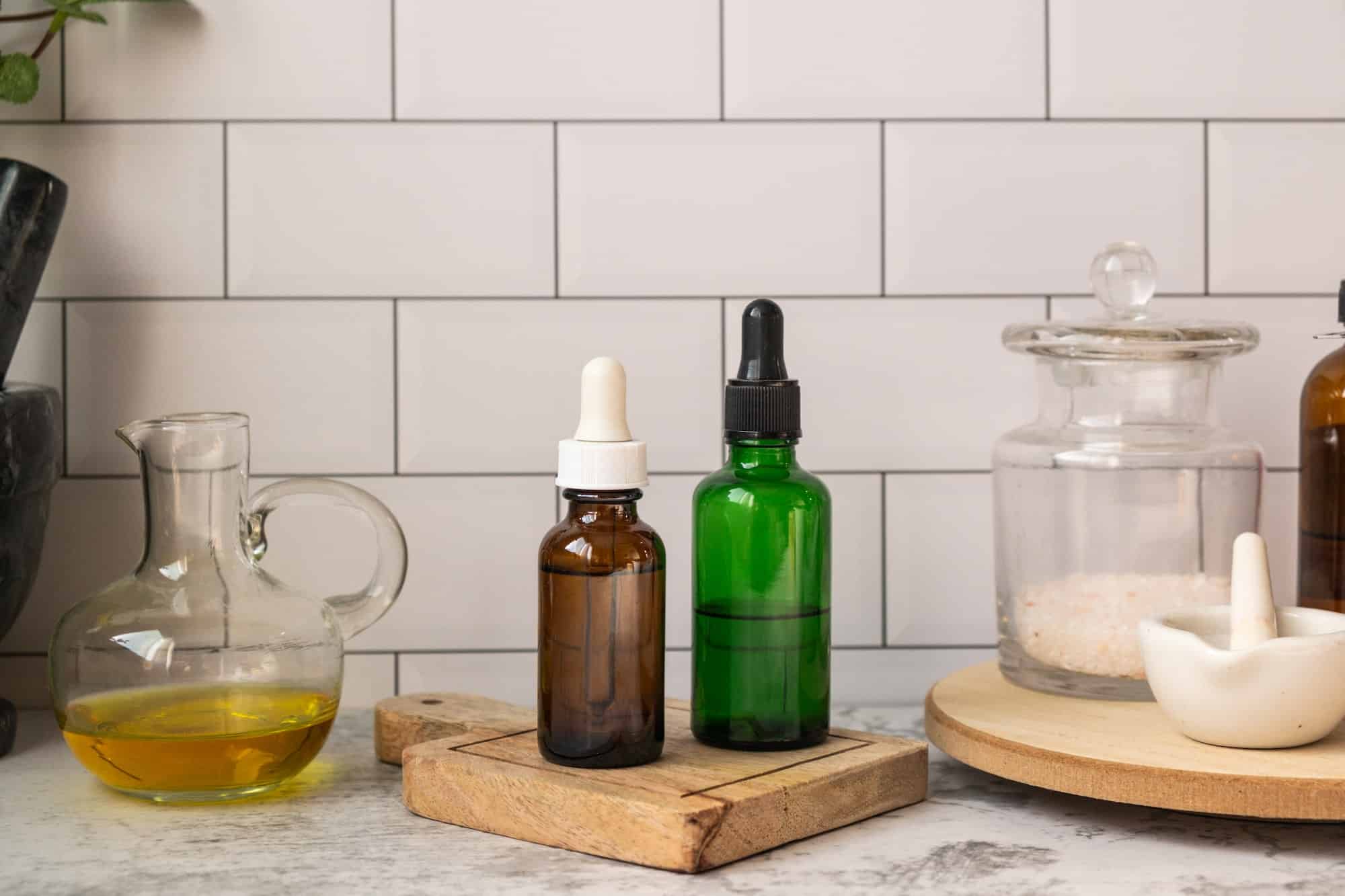What is the Impact of Aromatherapy on Sleep Quality in Insomniacs?

You may have heard of aromatherapy as a relaxation technique, but did you know it can also significantly impact your sleep? For those of you grappling with insomnia, this ancient practice can be a natural alternative or supplement to traditional treatments. This article will delve into the beneficial effects of aromatherapy on sleep quality, focusing on evidence-based research and the experiences of scholars and patients alike.
The Basics of Aromatherapy
Before we can dive into the heart of this topic, it’s essential to understand what aromatherapy is. Aromatherapy is a holistic healing treatment that uses natural plant extracts, known as essential oils, to promote health and well-being. It’s not just about pleasant scents; these essential oils can induce relaxation, improve mood, and yes, enhance sleep quality.
Avez-vous vu cela : What Are the Benefits of Regular Aerobic Exercise for Type 2 Diabetes Management?
The Connection Between Aromatherapy and Sleep
Now that we’ve established a fundamental understanding of aromatherapy, let’s explore its potential effects on sleep. Certain essential oils, like lavender, have been studied extensively for their calming and sedative properties.
A quick Google search yields countless articles and blog posts extolling the sleep-promoting benefits of essential oils. However, to ensure we’re getting reliable information, it’s always best to turn to scholarly sources. A study published on PubMed found that inhaling lavender essential oil significantly improved the sleep quality of a group of women suffering from insomnia.
En parallèle : Can Art Therapy Reduce Anxiety and Depression in Cancer Patients?
Many insomniacs turn to aromatherapy as a natural solution, often in combination with other interventions such as meditation or cognitive-behavioral therapy. By enveloping the senses in calming scents, it can ease anxiety and stress, common contributors to sleep disturbances.
A Closer Look at the Research
To understand the impact of aromatherapy on sleep quality, let’s take a closer look at some of the research. A study in the Journal of Alternative and Complementary Medicine assessed the effects of lavender essential oil on sleep quality and anxiety in a group of patients suffering from insomnia. The results were promising, with participants reporting significant improvements in their sleep quality and a reduction in their anxiety levels.
Another scholarly article published in the Journal of Korean Academy of Nursing found similar results. The study evaluated the effects of aromatherapy on sleep quality, stress, and depression in middle-aged women with insomnia. Participants applied a blend of lavender, roman chamomile, and neroli oils to their skin before sleep. The intervention group showed significant improvement in sleep quality compared to the control group.
The Experience of Patients and Practitioners
While scholarly studies provide a solid foundation for understanding the effects of aromatherapy on sleep, it’s also beneficial to consider the experiences of patients and practitioners. Many insomniacs have found relief through the use of essential oils, and aromatherapists often report positive feedback from their clients.
One woman, a long-term insomnia patient, shared her personal experience with aromatherapy in a patient forum. She described how using a diffuser with a blend of lavender and chamomile oils in her bedroom each night helped her to fall asleep more quickly and wake up less often during the night.
Similarly, a certified aromatherapist shared her professional experiences in an industry publication. She reported that most of her clients who struggle with sleep issues have found success with a blend of lavender, bergamot, and vetiver oils, applied topically or diffused in the bedroom before sleep.
Making Aromatherapy Part of Your Sleep Routine
Now that we’ve explored the potential benefits of aromatherapy for sleep, you may be wondering how to incorporate these practices into your night routine. There are many ways to use essential oils: diffusing them in an oil diffuser, applying them topically (mixed with a carrier oil), or even adding a few drops to a warm bath before bed.
Remember, it’s crucial to use high-quality oils and to be mindful of potential allergies or skin sensitivities. With these precautions in mind, aromatherapy can be a safe and effective way to improve sleep quality and reduce the anxiety often associated with insomnia.
From the experiences shared by patients and practitioners, to the promising results of scholarly studies, it’s clear that aromatherapy has the potential to significantly enhance sleep quality in insomniacs. While it’s not a panacea, it’s a natural and soothing adjunct to other sleep-improving strategies.
Aromatherapy and Other Sleep Disorders
Not only does aromatherapy assist in improving sleep quality for insomniacs, but it can also be an effective treatment for other sleep disorders. Essential oils have been studied for their potential effects on conditions such as sleep apnea, restless legs syndrome, and night-time anxiety.
In a systematic review published on PubMed, essential oils such as lavender and ylang-ylang demonstrated beneficial effects on sleep apnea symptoms. It was suggested that inhaling these oils before sleep can help to minimize snoring and improve overall sleep quality.
Similarly, an article on Google Scholar highlighted the impact of aromatherapy on restless legs syndrome. By diffusing essential oils such as lavender, chamomile, and neroli, it was found that patients experienced fewer nocturnal disturbances and improved sleep quality.
Furthermore, a randomized controlled trial published in the Journal of Clinical Sleep Medicine examined the efficacy of aromatherapy massage for night-time anxiety. Participants who received a massage with lavender essential oil before bed reported significantly lower anxiety levels compared to the control group. This led to improved sleep quality, demonstrating the potential of aromatherapy as a natural treatment for sleep disorders.
Conclusion: The Future of Aromatherapy in Sleep Improvement
The positive outcomes from meta-analysis, randomized controlled trials, and individual experiences highlight the potential of aromatherapy for improving sleep quality in both insomniacs and those suffering from other sleep disorders. By integrating essential oils into their bedtime routine, individuals can benefit from a natural and holistic approach to managing sleep disturbances.
Although lavender oil seems to be the most researched and recommended, it’s important to remember that different essential oils can have varying effects. Therefore, it’s advisable to experiment with different oils to find the combination that works best for you.
While aromatherapy cannot replace traditional medical treatments, it stands as a complementary therapy that can enhance the quality of life for individuals struggling with sleep disorders. Its capacity to induce relaxation, alleviate anxiety, and improve sleep quality has been acknowledged in both the scientific community and the general public.
However, future research is needed to establish standardized guidelines regarding the most effective ways to use aromatherapy for sleep improvement. Meanwhile, if you’re suffering from insomnia or another sleep disorder, consider trying aromatherapy as part of your bedtime routine. Always remember to use high-quality essential oils and be mindful of any potential allergies or skin sensitivities.
In conclusion, the therapeutic potential of aromatherapy to improve sleep cannot be overlooked. It offers a natural, non-invasive, and soothing remedy that can enhance sleep quality, making it an integral part of a comprehensive strategy to manage sleep disorders.
